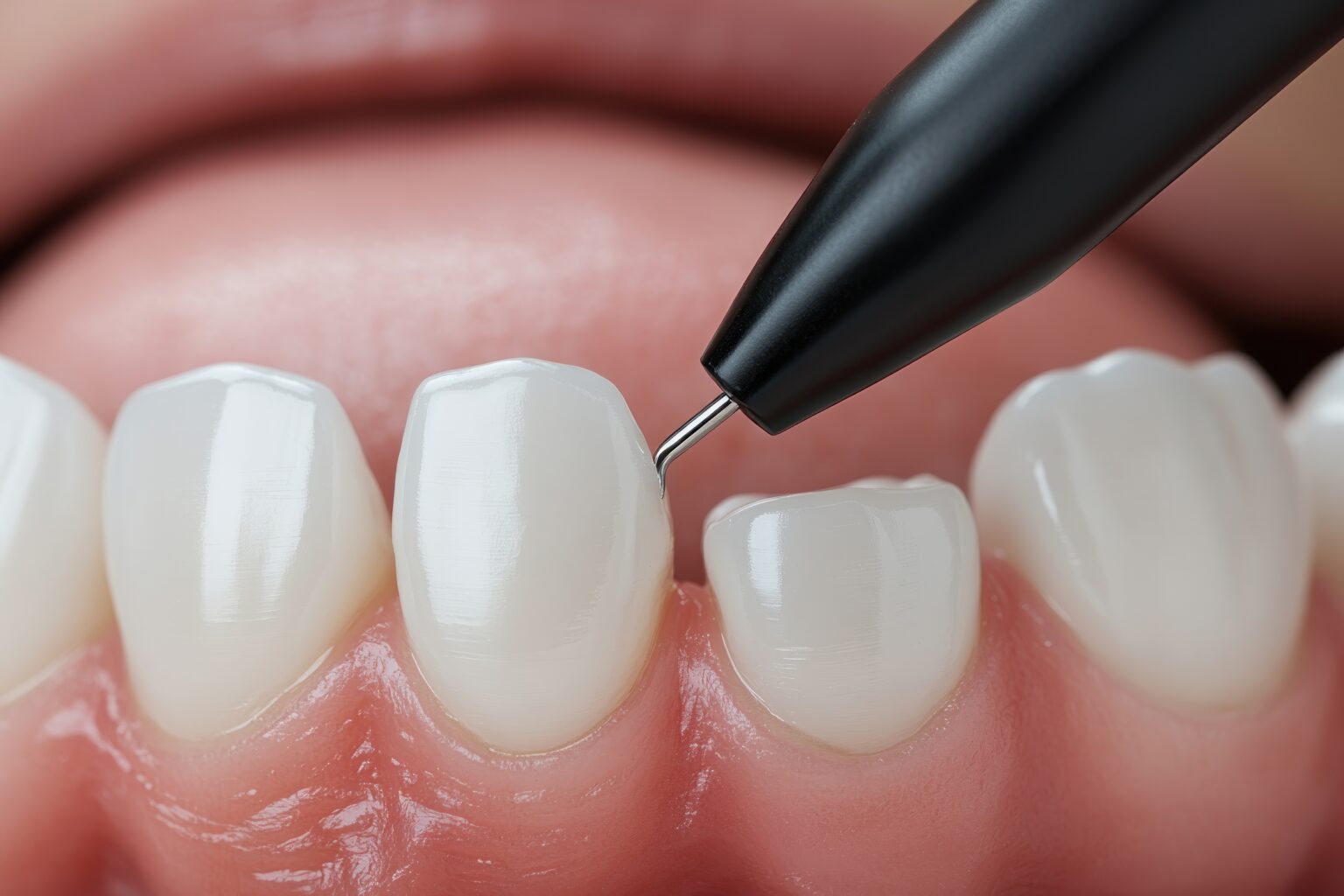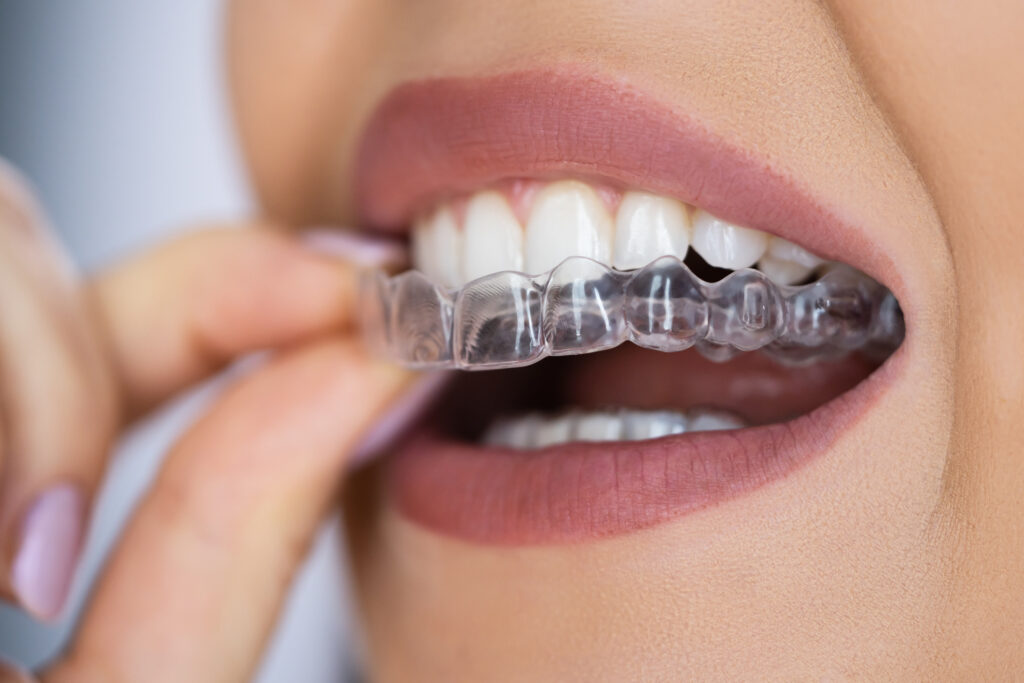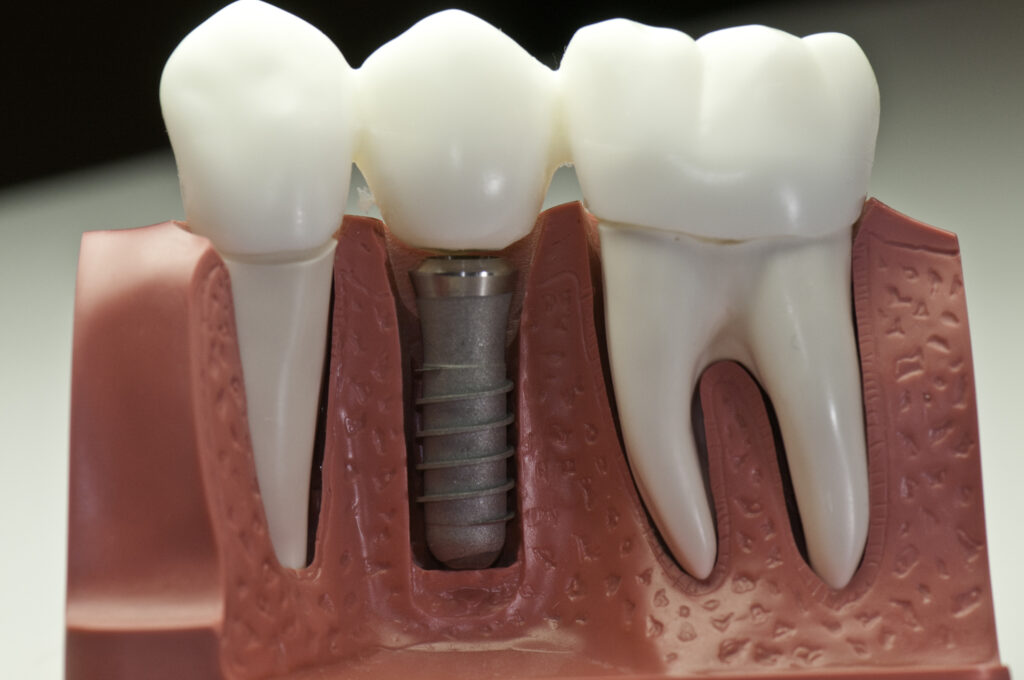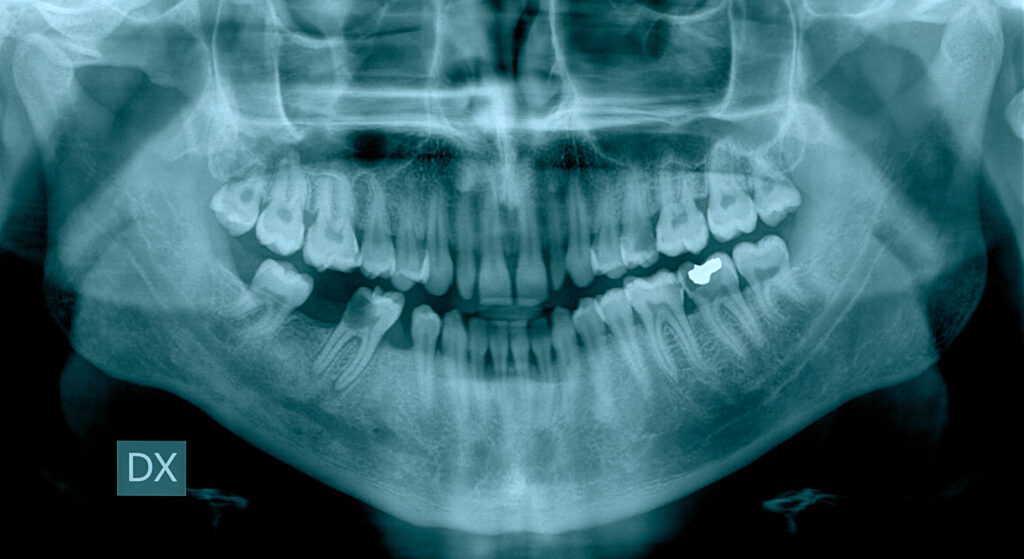Have you experienced a sudden, sharp toothache waking you at 2 am? Perhaps your favourite snack caused you to chip a tooth unexpectedly? Dental emergencies occur without regard to your schedule, and you must respond to them immediately.
The ability to identify and access emergency dental treatment during dental crises determines whether a tooth can be preserved or lost. Your general health might experience unexpected effects through dental emergencies.
This article explains why dental emergencies need immediate attention, defines true dental emergencies and provides steps to follow during these situations.
Inside This Guide:
- What Qualifies as a Dental Emergency?
- Why Quick Response Matters
- Common Emergencies and First Aid Steps
- Hidden Dangers of Delayed Treatment
- What to Expect at Emergency Visits
- Finding Emergency Dental Services
- Prevention Tips
What Qualifies as a Dental Emergency?
A dental problem doesn’t always necessitate an immediate trip to the dentist. How can you determine if your dental problem requires immediate attention?
Generally, dental emergencies include:
- Intense tooth pain persists when standard pain relief medications fail to work.
- A knocked-out tooth (avulsion)
- Loose adult teeth
- Significant chips or fractures
- Abscesses or infections with facial swelling
- Excessive bleeding from the mouth
- Soft tissue damage affecting the lips or gums, as well as the tongue, constitutes a dental emergency.
Do not wait until your next scheduled appointment if any of these dental emergencies occur. These situations require prompt professional attention.
Emergency room visits for oral health problems include dental abscesses 25% of the time, based on recent statistical data. An estimated 200,000 Americans visit dental emergency rooms each year because of abscesses or extreme dental infections.
Why Quick Response Matters
The passage of time becomes critical during dental emergencies. Here’s why acting fast matters:
Saving Natural Teeth
The best odds for saving a knocked-out tooth occur when you reimplant it within 30 minutes after it happens. The likelihood of successful tooth reimplantation decreases significantly after two hours have passed.
Preventing Infection Spread
Dental infections spread beyond their initial location. If an infected tooth is not treated, the bacteria will migrate to neighbouring tissues and your jawbone before reaching your bloodstream in extreme situations.
Hospital emergency departments across the U.S. receive approximately 2 million visits annually due to dental pain. The healthcare system could save approximately $1.7 billion per year by redirecting many of these visits to local dentists and clinics.
Reducing Pain Quickly
Severe dental pain can be absolutely debilitating. Emergency dental providers deliver immediate relief with specialised tools and medications that exceed the capabilities of over-the-counter products.
Minimising Treatment Costs
You might find it surprising that early treatment usually results in simpler and more cost-effective dental solutions. A small crack that initially needs just a filling can develop into a root canal or extraction if you do not get treatment.
Common Emergencies and First Aid Steps
While waiting to get emergency dental care, here are some immediate steps you can take for common dental emergencies:
For a Knocked-Out Tooth
- When retrieving a tooth, grasp it by its crown instead of the root.
- If the tooth is dirty, rinse it with water using a gentle stream, but avoid scrubbing or removing any tissue that is still attached.
- If possible, insert the tooth back into its socket.
- Keep the tooth submerged in milk or saliva if reinsertion fails.
- If you can manage it, find a dentist within 30 minutes.
For a Cracked or Chipped Tooth
- Rinse your mouth with warm water
- Apply a cold compress to reduce swelling
- Take over-the-counter pain relievers if needed
- Preserve broken pieces of your tooth and take them with you to your dentist.
For a Dental Abscess
- Rinse with mild salt water several times
- Take appropriate pain medication
- Apply a cold compress for swelling
- Abscesses represent serious infections which require immediate emergency dental treatment.
For Soft Tissue Injuries
- Rinse gently with warm salt water
- Use a sterile cloth or tea bag to control bleeding through pressure application.
- Apply a cold compress to reduce both pain and swelling.
- Get emergency help if you cannot stop the bleeding after 15-20 minutes.
Dental office closures at the start of the COVID-19 pandemic resulted in emergency department visits for dental problems rising by 62%. The figure illustrates the essential role emergency dental services play in maintaining public health.
The Hidden Dangers of Delayed Treatment
Neglecting emergency dental care risks health complications that extend beyond oral health.
Systemic Health Issues
The mouth-body connection is real. Dental infections that remain untreated can lead to heart disease, along with diabetes complications and respiratory problems, and make pregnancy more complicated.
Permanent Tooth Loss
Immediate treatment could save teeth, but delay leads to tooth loss requiring further procedures such as implants or bridges.
Extended Recovery Time
Delayed treatment often leads to more complex procedure,s which extend recovery durations and increase discomfort.
Psychological Impact
Chronic dental discomfort coupled with aesthetic concerns may lead to stress-related mental health problems while reducing sleep quality and general life satisfaction.
A total of 64% of U.S. adults had a dental visit in the past year, which demonstrates deficiencies in routine dental care. Gum disease affects nearly 46% of U.S. adults, which underlines how essential preventive dental care is.
What to Expect During an Emergency Dental Visit
For those who have not experienced an emergency dental appointment previously, here is an overview of what to expect:
- Immediate Pain Management: The dentist will prioritise getting you comfortable.
- Focused Examination: Emergency dental visits concentrate on the affected area through X-ray examinations to determine the extent of damage.
- Treatment Options: Your dentist will guide you on which dental issues need urgent care and which can be addressed later.
- Immediate Care: The dentist may carry out procedures such as abscess drainage or tooth reimplantation and temporary filling placement.
- Medications: The dentist may prescribe antibiotics to treat infections and stronger medications to ease pain.
How to Find Emergency Dental Services Near You
If you experience dental pain during odd hours it becomes essential to know where to seek help:
Prepare Before Emergencies Happen
- Inquire about emergency procedures from your usual dentist.
- Save emergency dental numbers in your phone
- Know which local dentists offer after-hours services
- Verify whether your dental insurance plan provides access to an emergency helpline.
When You Need Help Now
Get in touch with your regular dentist first because many have emergency lines available after normal business hours. Search online for “emergency dentist near me.” If you’re in Atlanta, an Atlanta clinic for same-day dental help can guide next steps and schedule urgent care. Contact your dental insurance for in-network providers. When facing severe infections with facial swelling or uncontrollable bleeding, seek emergency room services at hospitals.
Preventing Dental Emergencies Before They Happen
A significant number of dental emergencies are preventable despite the existence of unavoidable cases. Employ these practical measures to lower your risk.
Maintain Regular Dental Visits
Dental problems rarely appear without warning signs. Routine dental appointments enable dentists to identify and address problems before they escalate into urgent situations.
Practice Proper Oral Hygiene
Frequent brushing and flossing, along with antimicrobial mouth rinses, help prevent infections that can cause medical emergencies.
Use Protective Gear
Protect your teeth by wearing mouthguards anytime you participate in sports or activities that pose a threat of facial contact. Get night guards if you suffer from teeth grinding.
Be Mindful of What You Eat
Your teeth should not be used for chewing ice or popcorn kernels nor for opening packages with hard candies as tools.
Address Problems Early
Never dismiss small chips or mild toothaches because unusual sensitivity can rapidly develop into dental emergencies.
When Minutes Matter: Taking Action for Dental Emergencies
Quick thinking combined with immediate professional treatment is essential during dental emergencies. The outcome of dental emergencies depends on recognising when to seek emergency dental treatment and applying suitable first aid measures.
Remember these key takeaways:
- Immediate action becomes crucial when dealing with avulsed teeth and dental infections.
- Home treatments provide temporary relief but cannot serve as permanent substitutes for professional dental care.
- Postponing dental treatment usually results in more advanced procedures that cost more money.
- People feel more secure when they prepare an emergency dental plan ahead of time.
When faced with a dental emergency in the future, you will have the essential knowledge to respond swiftly and effectively. Your smile and future self will both show their gratitude for your actions.
Have you ever experienced a dental emergency? What was your experience like? Share in the comments below!
Disclaimer
The information provided in this article is intended for general informational and educational purposes only and does not constitute professional medical or dental advice, diagnosis, or treatment. Open MedScience does not guarantee the accuracy, completeness, or timeliness of the content presented.
If you are experiencing a dental emergency or are in severe pain, contact a qualified dental or healthcare professional immediately. Do not rely on this article as a substitute for professional advice. Always seek the guidance of your dentist or another qualified health provider with any questions you may have regarding a medical or dental condition.
Any actions taken based on the information provided are strictly at your own risk. Open MedScience and its contributors disclaim any liability for damages or injury resulting from the use or misuse of the content in this publication.
home » blog » dentistry »



